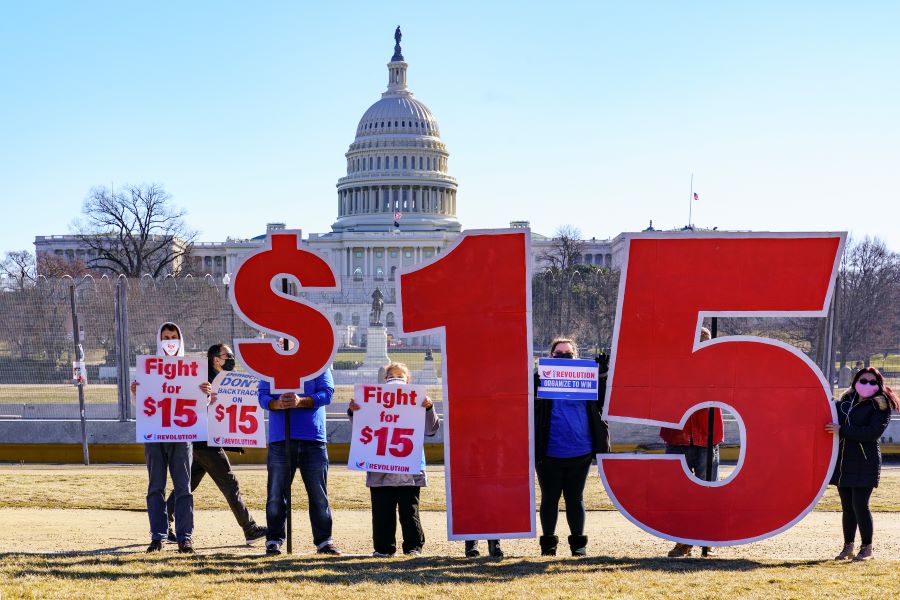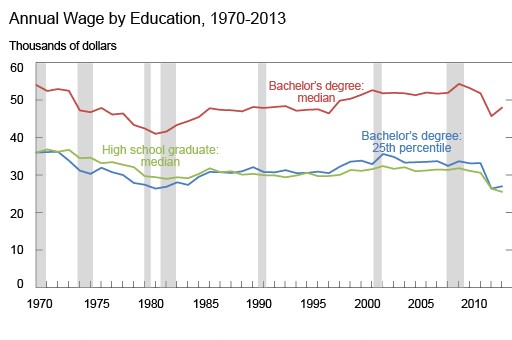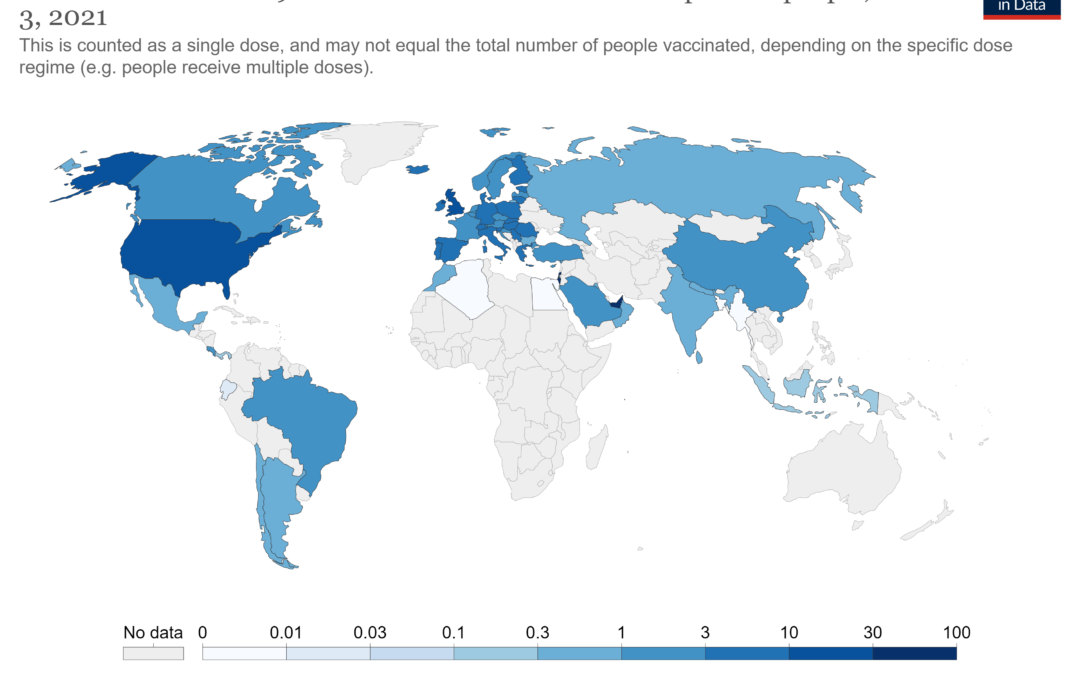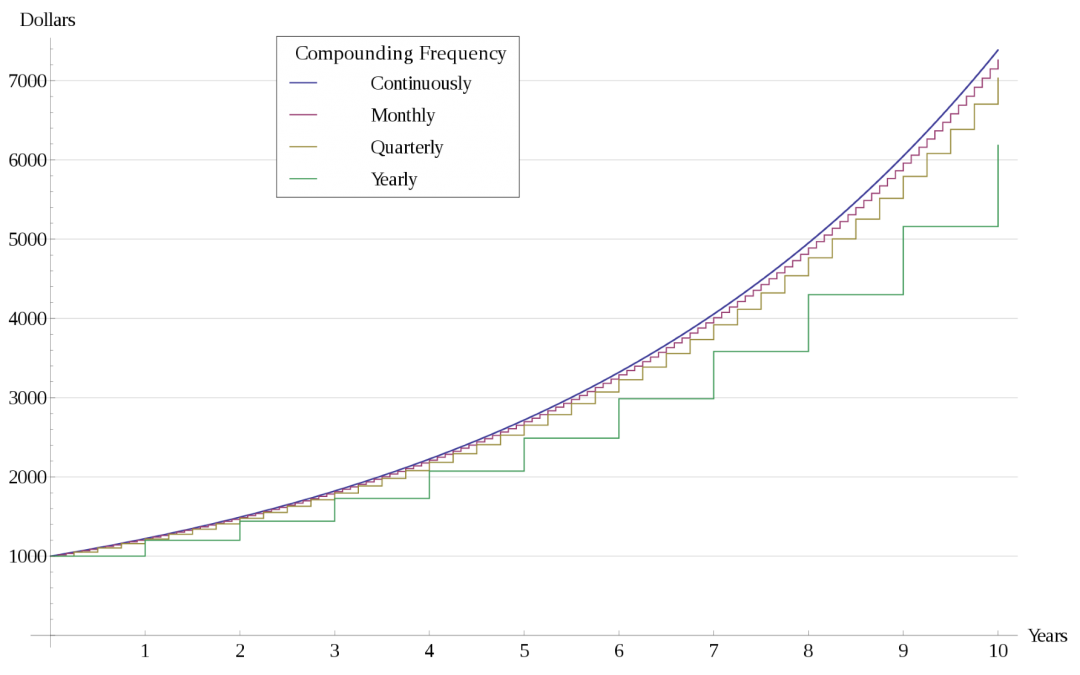
by Emma Stokic | 21 Apr 2021 | Americas, Economy, Government, Joe Biden, Politics, St. Andrew's, Student Posts, Youth Voices
The U.S. minimum wage has not changed since 2009. Joe Biden wants to raise it to cut poverty. Opponents say a rise would hit business. Who’s right? Activists appeal for a $15 minimum wage in Washington, DC, 25 February 2021. (AP Photo/J. Scott Applewhite) A...

by Xenia Minton | 2 Apr 2021 | Economy, St. Andrew's, Student Posts, Youth Voices
U.S. colleges can cost a lot, and many students take on debt. Is it really worth it, financially, to pay all that money for higher education? Let’s see. (Federal Reserve Bank of New York) It’s the time of year when millions of students in their last year...

by Tiziana Barghini | 24 Mar 2021 | Economy, Europe, Government
For the fourth time in three decades, a divided Italy has named a technocrat as its leader. Is Mario Draghi a model for nations shouldering huge debts? Street art depicting Italian Prime Minister Mario Draghi dressed as a magician pulling a rabbit out of the hat,...

by Betty Wong | 3 Mar 2021 | Decoders, Economy, World
Does a battle over GameStop shares that has pitted defiant online investors against big Wall Street firms mean we’re in a stock market bubble? GameStop logo and stock market symbols, 29 January 2021 (AP/STRF/STAR MAX/IPx 2021) There’s been a lot of news lately...

by Barry Moody | 10 Feb 2021 | Europe, Politics, Trade
Gutsy prosecutors crippled the Cosa Nostra decades ago. Now, a new trial aims to strike a blow against the ‘Ndrangheta, Italy’s dominant mafia. Anti-Mafia prosecutor Nicola Gratteri arrives for the trial against more than 300 defendants of the ‘Ndrangheta...

by Jeremy Solomons | 5 Feb 2021 | Economy, Educators' Catalog, Health and Wellness, Human Rights, World
COVID-19 vaccination programs are moving slowly in poor nations, threatening the world’s health and raising risks for rich countries’ economies. From ourworldindata.org Sometime very soon, the world will reach a significant milestone in its battle to...
As nations struggle with the terrible health and economic consequences of COVID-19, the rush is on to roll out vaccines to as many people as possible. Leaders of developed economies might be excused for protecting their citizens above all — if it didn’t mean leaving out masses of people in the Global South. Jeremy Solomons taps official data and experts to spell out the dangers for both poor and rich nations alike if steps are not taken to ensure vaccines reach the four corners of the world. Ask students how they would ensure the equitable distribution of COVID-19 vaccines — and whether they would be willing to help pay for it.

by Alan Wheatley | 19 Oct 2020 | Decoders, Donald Trump, Economy, Educators' Catalog, Joe Biden, World
On any day, the stock market can go up or down. But in the long run, a young person cannot afford to ignore the chance to invest in company shares. The effect of compound interest, with an initial investment of $1,000 and 20% annual interest, compounded at various...
Alan Wheatley’s article on stock markets touches on concepts of tremendous long-term importance to young people, such as compounded interest and interest rates. Wheatley has decades of experience covering international finance, and it shows as he connects investing fundamentals with economic growth and the current U.S. political situation. The article finishes with questions that can be taken up in a wide range of classrooms: Who would be better for stock markets — Trump or Biden? If you have $1,000, should you spend or save it? And why is Wall Street near a record high during the coronavirus pandemic? With Wheatley explaining matters, there’s no reason why economics should be “the dismal science”!

by Paul Spencer Sochaczewski | 5 Oct 2020 | Economy, Environment
It makes potato chips crispier, soap frothier, lipstick smoother and fried foods crunchier. Consumers love palm oil — but at a cost to our environment. Environmental activists evacuate an orangutan whose habitat is threatened by oil palm plantations, rubber...

by Marina Eckersley | 24 Sep 2020 | Economy
The rich and the poor are growing farther apart. If workers own shares in the firms where they are employed, we can reduce inequality, economists say. Beau’s All Natural Brewing Company in Canada is employee owned (from the company website). The gap between rich...

by Hanna Rahman and Sadie Dyson | 9 Jul 2020 | Economy, Immigration, Podcasts, Student Posts, Youth Voices
We wanted to learn about immigration. So Sabina told us her story about leaving Colombia for the U.S. to escape violence and embrace opportunities. To understand immigration, we must listen to immigrants as they tell their stories. In our podcast, we spoke to Sabina...










